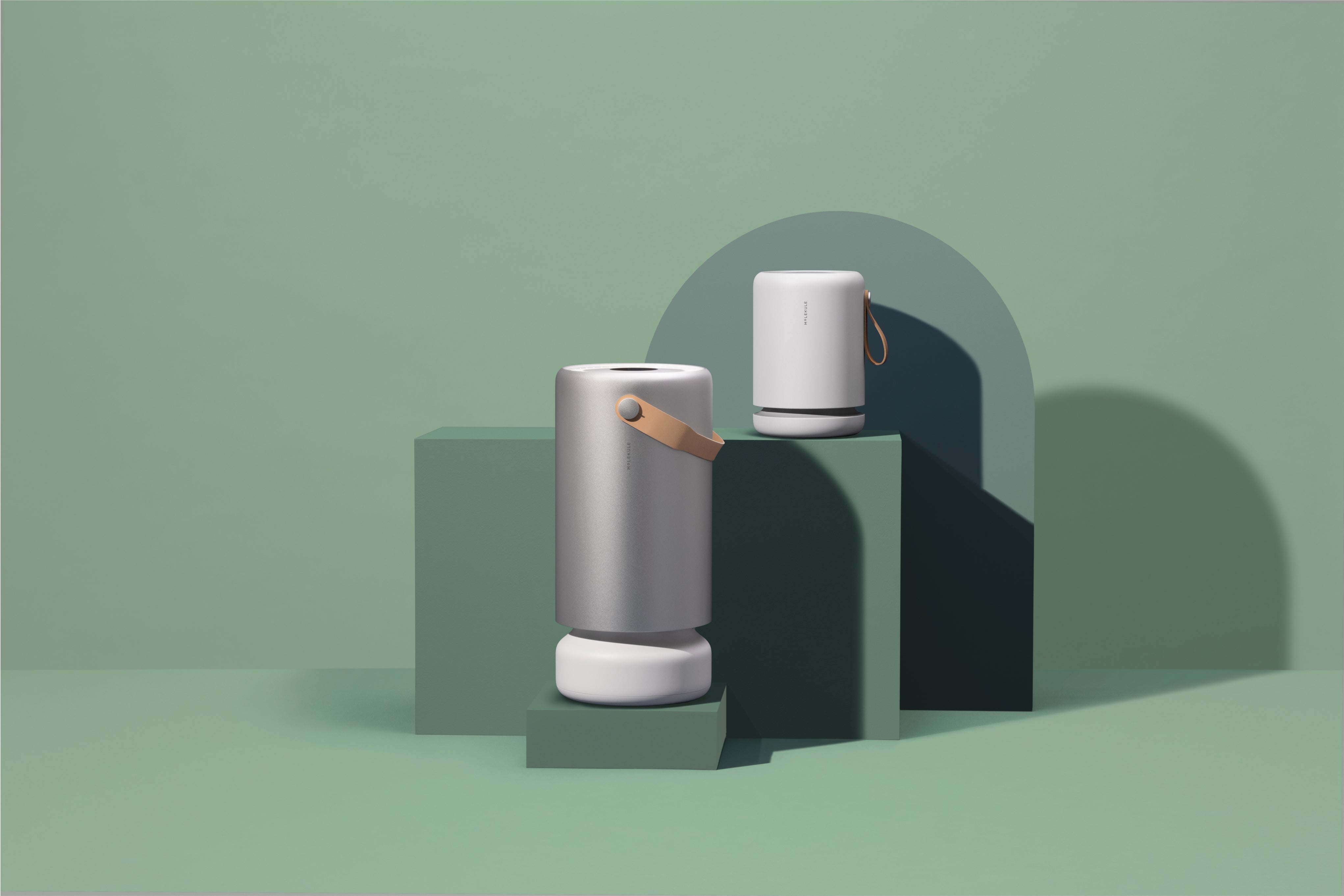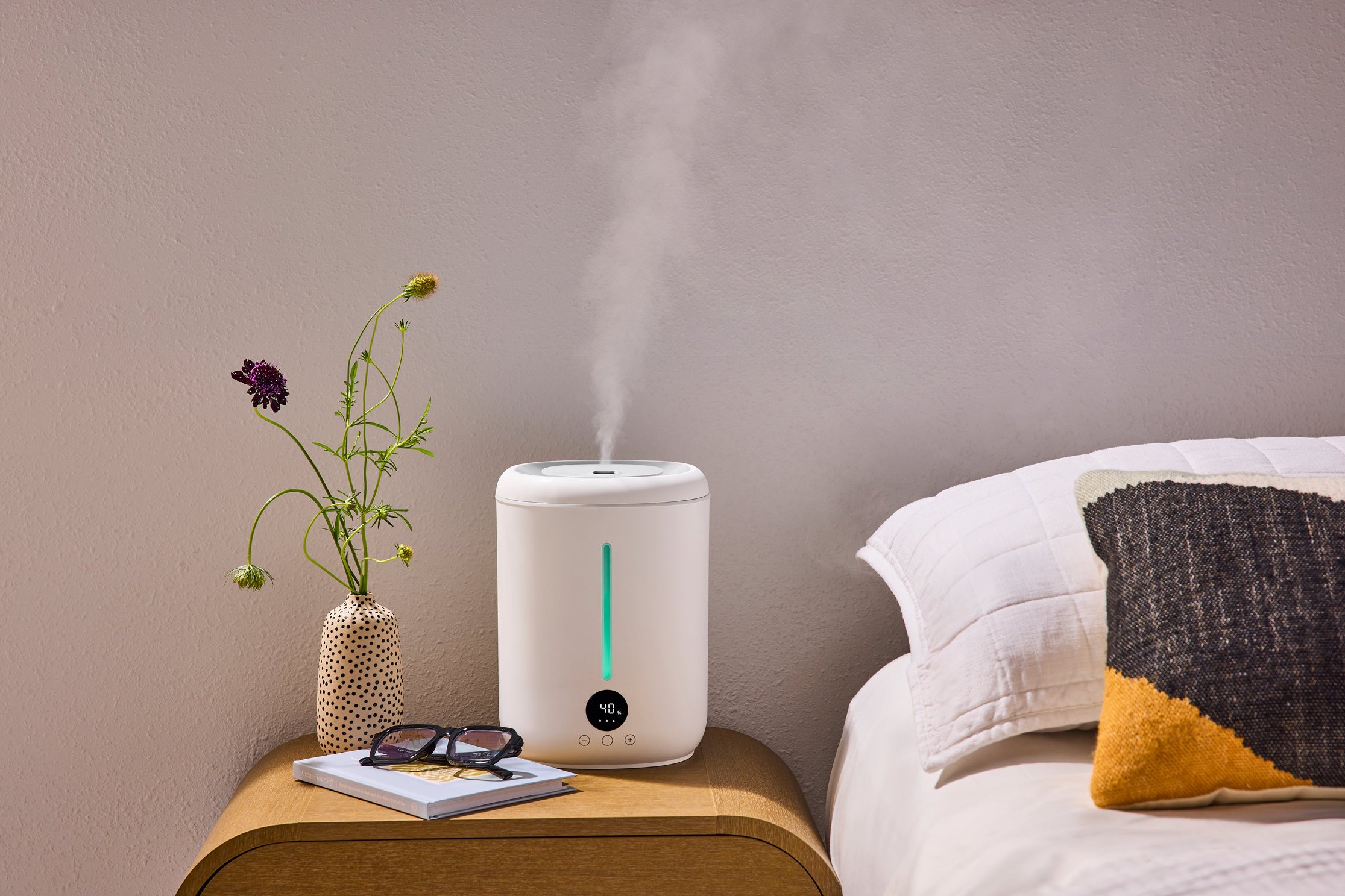Modern medicine has begun to see aging as a disease. The symptoms of aging, like arthritis, dementia, or simple loss of energy, affect each person differently. Since we have the same DNA and molecular machinery at 80 that we did at 20, it stands to reason that scientists and doctors can develop therapies to stave off the aging process or even reverse it.
How exactly this will work is still being developed, but it involves techniques like extreme cold or extreme heat therapies designed to restart the body’s DNA repair mechanisms. There are also supplements like nicotinamide dinucleotide (NMN) that have promise in replacing what is most commonly lost in the aging process. These therapies are designed to help your body literally re-write itself, but before they are proven safe and effective, we can take steps to avoid the DNA damage they’re meant to fix.
When scientists took a close look at the Veteran Association’s Normative Aging study, which involved looking at thousands of service members over almost 60 years, they found a strong effect of stress on mortality. Let’s take a look at their and others’ findings to learn a little about how to protect our DNA as we get older.

Good stress and bad stress
What doctors have been finding out is that there is little difference between psychological and psychical or even chemical stress and that they all lead to similar epigenetic DNA problems. Epigenetics is the study of how genes can be altered in the parents in ways that are passed down to their offspring. This is a new field of study and involves the order of the DNA sequence (A, G, T, or C nucleotides) much less and more how the individual nucleotides are changed in a process called methylation.
Methylated DNA has a very similar structure to ordinary DNA, but with the addition of a single small chemical group, called methyl, which is a carbon and 3 hydrogens (-CH3). It’s almost the same chemical as methane (CH4), hence the name. Over time methylated DNA undergoes changes that can lead to mutation in any number of cells that can be passed down as cells replicate. As a result, by the time we reach middle age many of our cells aren’t using all the genes they need and are using some they don't need.
Air pollution is a direct cause of DNA methylation, and some of the changes induced are linked with immune disorders in the lungs. Psychological stress is also a direct cause of DNA methylation, which could be why air pollution and psychiatric symptoms were found to be linked in the VA Normative Aging Study. But the story wasn’t that simple, older people in the middle of the stress curve seemed to have aged a little less, while those in the top 25% aged more. This could be due to the drastic differences in good stress and bad stress.

What is good stress?
Good stress is enough stress to expend our resources followed by a period of recovery. Exercise is a perfect example where we spend a little time exerting ourselves and breaking down our muscles with lactic acid that makes them sore, then go rest while our bodies build our muscles back better. And it isn’t just exercise that can offer this benefit, exposure to extreme cold and extreme heat both can help our bodies activate their DNA repair mechanisms and our minds to focus on what is important, like social ties.

What is bad stress?
Bad stress is when we expend resources or otherwise exert ourselves but don’t get the chance to recover. Taking the exercise example, a few reps with weights is great, but carrying around a dumbbell all day every day would lead to back problems at a minimum. Along the same lines, lifting weights that match our strength levels is healthy, but trying to lift a weight that is too heavy can damage muscles, tendons, or other parts of the body.
Being constantly stressed about social situations can lead to DNA methylation in important cells, not to mention psychological trauma. Constant exposure to air pollution over time taxes our body’s repair mechanisms so they can’t go and fix any of the results of aging or other stresses.

What to do about stress from air pollution
Particles and chemicals in the air often contribute what is known as oxidative stress. This type of stress has a chemical definition because the actual air pollution molecules have been shown to oxidize our cells, and are countered by antioxidants. This is not to say that psychological stress doesn’t cause oxidative stress, because it does, but psychological stress more prevents our body from dealing with oxidation than directly causing the DNA damage.

Antioxidize yourself
The researchers studying the VA Normative Aging study found associations with psychiatric disorders and the pollutants ozone and nitrogen dioxide. These two highly oxidizing pollutants can be stopped with antioxidants. As their name implies, they are the literal opposite of oxidants and can neutralize them.
Antioxidants are very common in fresh and green plants, so filling your body and blood with plant compounds by eating a lot of them can reduce oxidative stress. Don’t stop there, plant-infused lotions can neutralize the pollutants on your skin to help slow its aging. Supplementing vitamins can be good because they are all antioxidants, but a few have been linked to adverse health effects in some people so take them as directed and talk to your doctor about which supplements are best for you. If in doubt, just eat lots of fruits and vegetables and you won’t be able to overdose on any vitamins. There are many compounds in plants that aren’t considered vitamins but are great antioxidants, and many are filtered out when a supplement is extracted and pressed into a pill.

Don’t let stress stack up
As we’ve been discussing, stresses make each other worse. Double the stress could be more than double the trouble, and healing breaks from stress can shift it from negative to positive. Another finding that came out of the VA Normative Aging Study was the longevity impact of stress and hassles in life. They looked at both individual stressful life events like deaths in the family or losing a job, which tend to increase as we get older, and hassles or day-to-day annoyances, which follow a U-shaped curve with more when younger and older and a lull in the middle.
They saw that having a moderate amount of stressful life events as opposed to low increased the likelihood of dying by about 38%. However, moderate day-to-day hassles increased the likelihood of death by 63% compared to a low amount of day-to-day hassle, and a high level of hassle increased it by almost three times or 300%. The authors mention multiple times that though they only looked at these two measures their effects were independent of each other, or that stressful life events and everyday hassles can add up for a combined effect.
A different experiment from the VA study found that just knowing the air is polluted contributes to mental stress, in addition to the usual physical impacts of pollution. Another team saw that men in the top quarter of reported stress had significantly more methylated DNA than the other three quarters. Those closer to the norm but still with a little stress (one standard deviation from the average) had less methylated DNA than others.

Invest in destress
Spending money on destressing methods can help, but the most important investment is time because any good stress can become bad without enough time to recover. Regardless of if you prefer deep breathing, gardening, or fancy new-fangled devices for destressing, what’s important is to do it consistently. If you don’t do anything to reduce your stress, you can start with 10 or so minutes a day of quiet contemplation outside of stressful situations.
There are countless other ways to relieve stress, and we’ve detailed many of them in our post on stress management techniques for the mind and body. From there you can add as many destressing techniques as work for you.

Kick your stress repair mechanisms into gear
We all have DNA damage repair machinery in our cells, but it’s just as susceptible to genetic damage as any other part of the body. This machinery is activated in response to stress, but does the best job in the absence of stress, following the pattern of the importance of recovery time. As mentioned above, extreme heat like from saunas, cold like a cold plunge, or even exercise can put DNA repair mechanisms into high gear.
Author David Sinclair is driving a lot of anti-aging research including the use of supplements like NMN, but the best person to ask about how to go about destressing is definitely your own doctor. They will be able to let you know about any medical conditions that could be exacerbated by certain stress relief techniques, and will certainly have plenty totally safe techniques to offer.
Header photo by Kampus Production, photo of couple meditating by Vlada Karpovich, photo of man running by Barbara Olsen, photo of man at a desk by Kampus Production, photo of elderly woman with a surgical mask by Kampus Production, photo of bananas, blueberries, and strawberries by Suzy Hazelwood, photo of man getting head massage by Yaroslav Shuraev, photo of yoga in the park by RDNE Stock project, photo by man with kettlebell by Alena Darmel.







